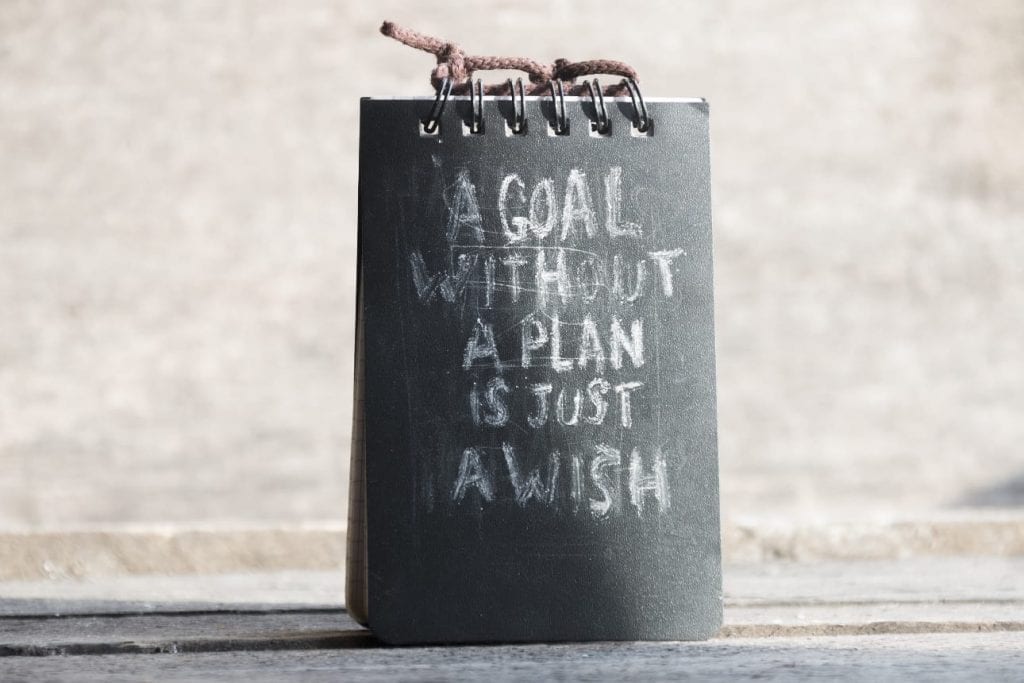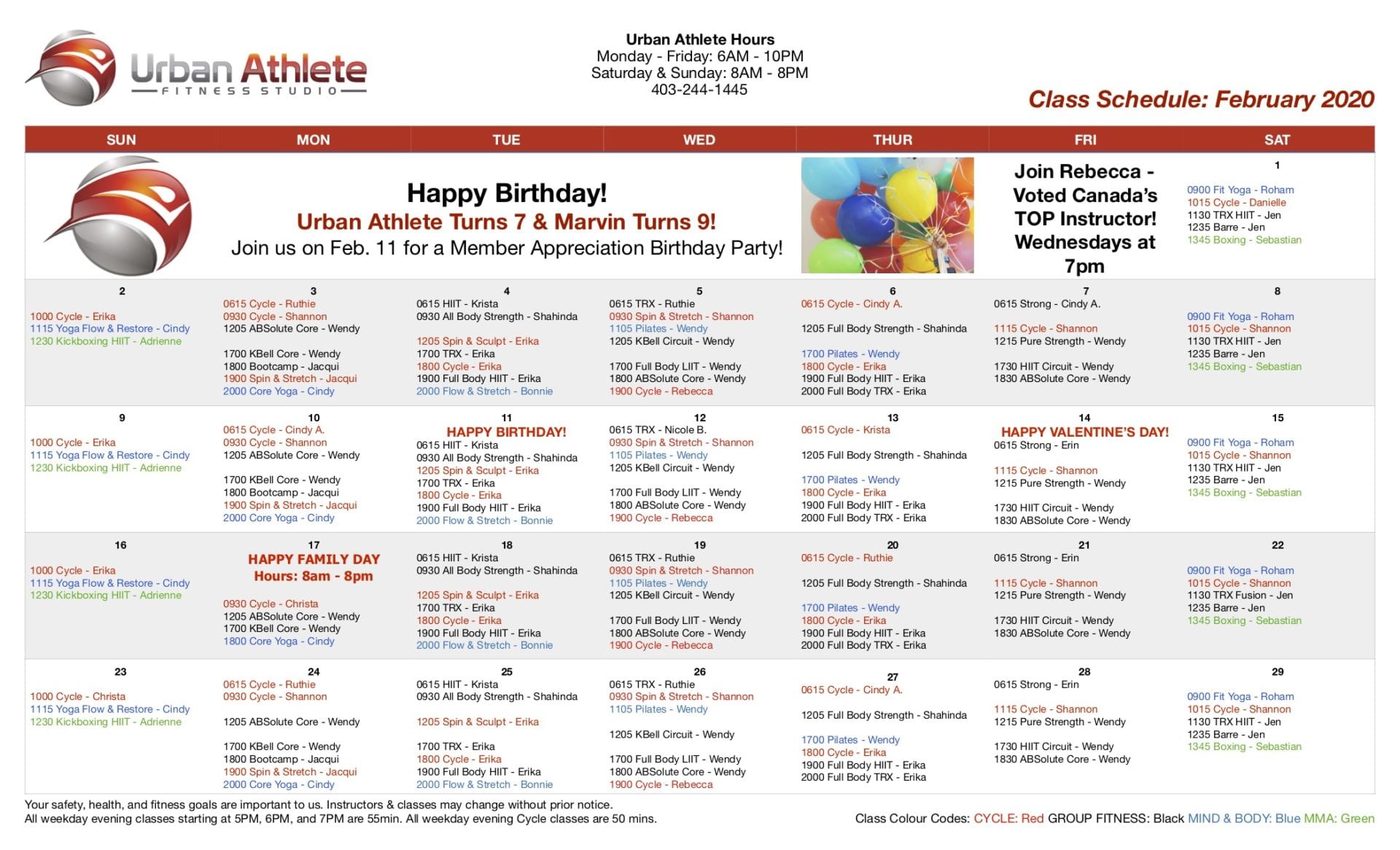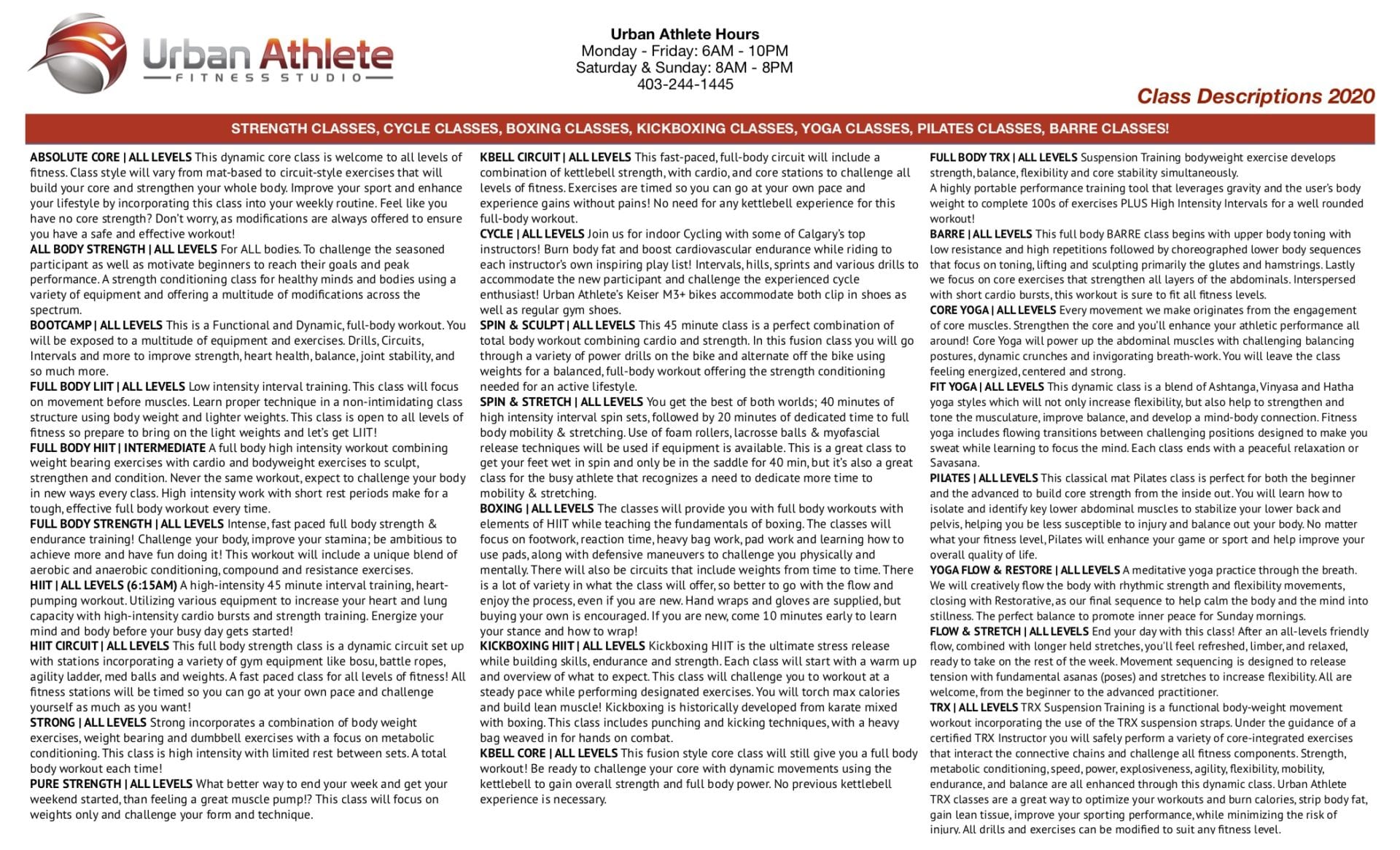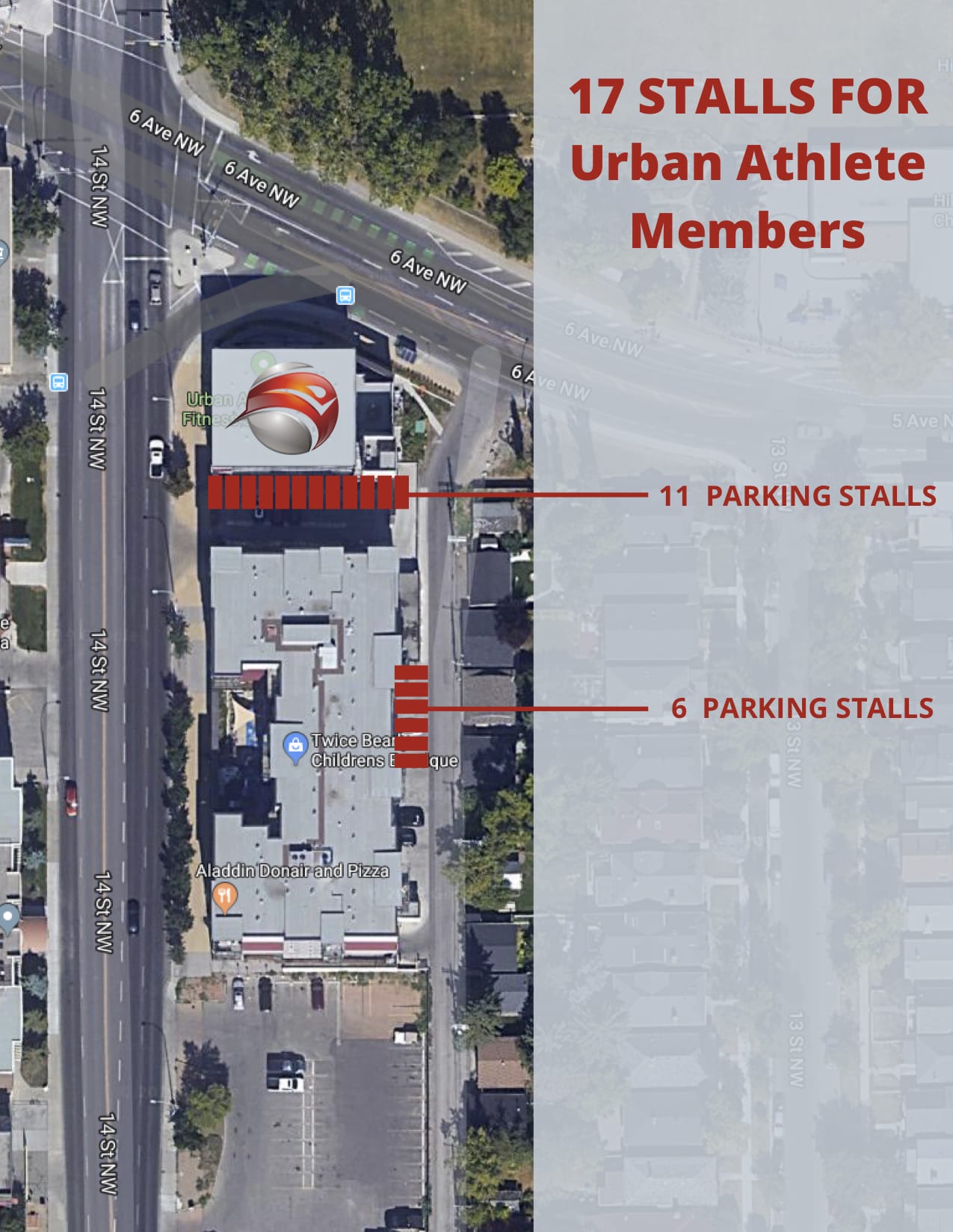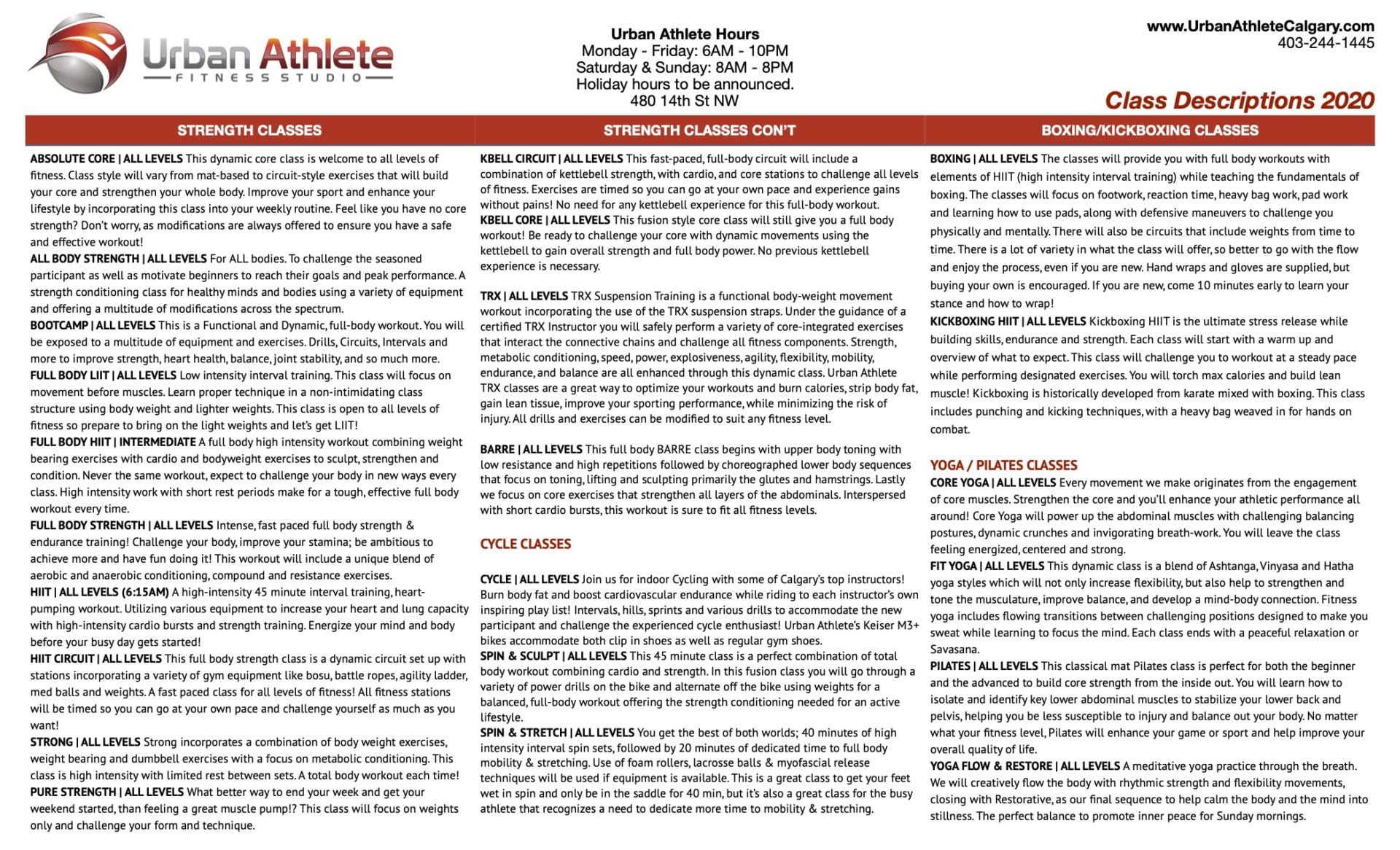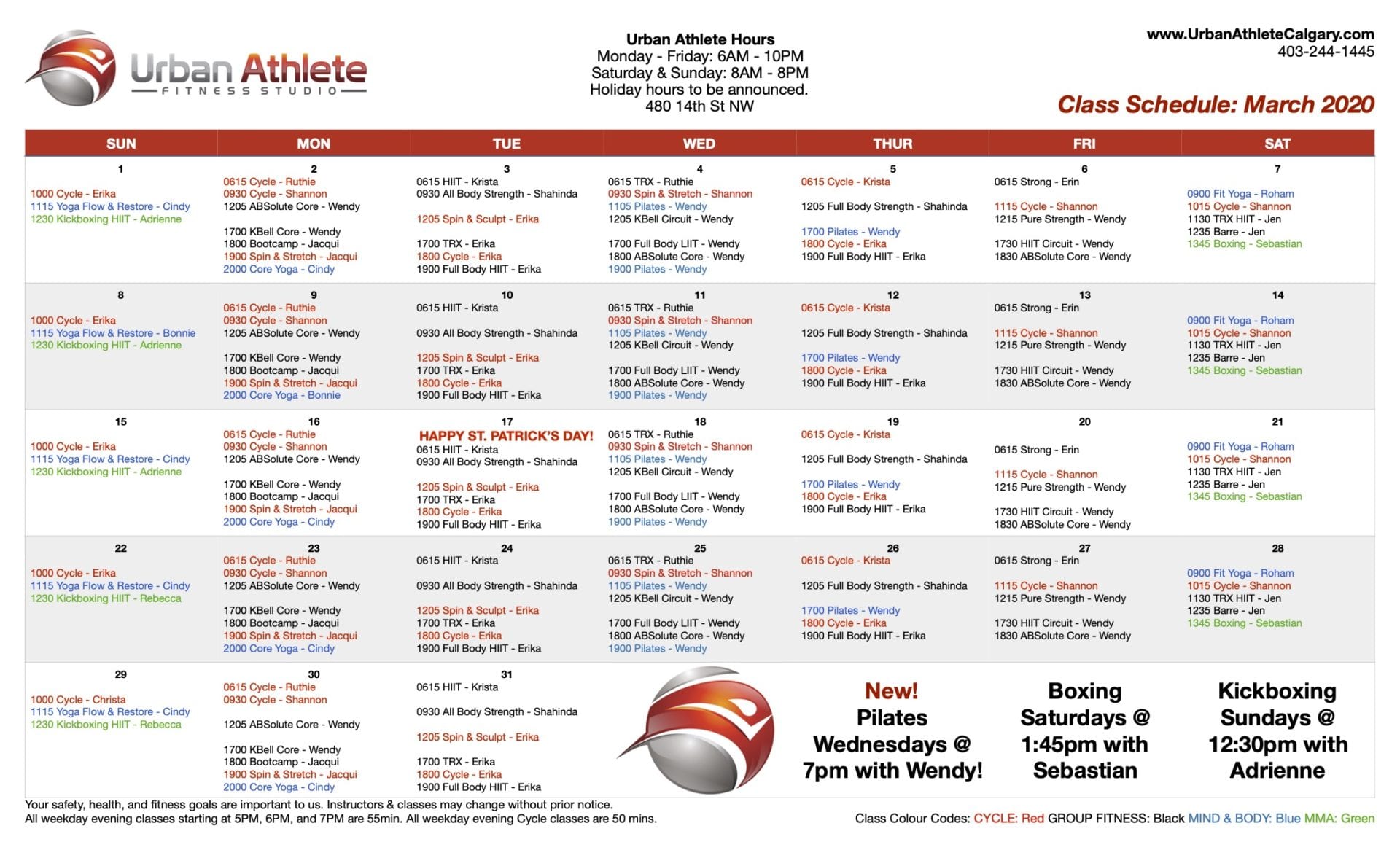Many people associate January as a time whereby through the power of the “New Year’s resolution” we commit ourselves to making a positive change in our lives.
It’s no secret that very often the desired change is to achieve a miraculous form of physical transformation, hence the dramatic increase in worldwide gym membership sales during the first six weeks of the calendar year. I’d love to be able to say that the majority of these cases have a happy ending but as you probably already know that the opposite is actually true. Historically more often than not the end result is an exhausted, unmotivated and sometimes injured person paying for the remaining ten months of a gym membership that they never actually use.
I have wrestled with lots of reasons why this situation repeats itself year after year. The easy answer is that the people who, let’s be blunt here, “quit” did not have the drive and were looking for the path of least resistance only to discover that it doesn’t exist. While there may be some element of truth to this I think the real answer might be that they failed before they had even begun the journey due to the goals they set for themselves. While goal setting in terms of exercise might seem pretty straightforward the truth is that it actually requires a lot more thought and analysis than you might think.
The Key to Setting Achievable Goals
The first thing to consider when setting these goals is will your current lifestyle allow you to achieve them. One of the biggest reasons people will deviate from an exercise plan is lack of time. If you can only commit 2 hours of your week to exercising, then don’t set a target of achieving 30-40lbs of weight loss in 8-10 weeks as it will be very unlikely to happen. Start small, achieve a positive result and build on that success. A 1-0 victory is still celebrated as much as a 5-0 victory.
Exercise should be introduced to your weekly routine systematically, any activity performed under duress is very rarely a positive experience. Once you have made exercise a habit you will in all likelihood try to create more time to get that third or fourth session in of your own accord. It might also be worth noting that it’s highly unlikely you gained the 30-40lbs in 8-10 weeks so it’s equally unlikely that you would lose it in that same timeframe.
Try not to make all of your goals purely cosmetic. Your recovery is equally important as the actual exercise so by committing to adding an extra 5-6 hours per week to your current sleep pattern you can greatly enhance your results and your level of adherence to your plans. For example, if your aim is to increase lean muscle mass then sleep is vitally important. Without getting too scientific it is the time when your body will increase its production of its own natural growth hormone which is vital for recovery and tissue repair.
Think Long Term!
If you have a mind-set of goal setting for a period of 6 months, for example, you are immediately thinking well beyond the six-week hurdle that many people trip over. At the risk of sounding like a broken record there are no quick fixes when it comes to achieving true health & wellness.
Consider failure as well as success in your planning. Humans are for the most part results driven. We like to succeed and enjoy all of the plaudits that come with it when we do so. Success is easy to process and move on from. I know that I have lost very few nights sleep pondering all of the things I have done well in my life. It’s the failures that wake me up at 2am. When I have asked perspective clients about the consequences of achieving their goals the answers have always flowed freely however when asking them the consequences of not achieving them the answer varies between one or two words or a blank stare. In my opinion there is nothing wrong with considering the prospect of failure. If anything, it can prepare you to process, re-evaluate, and move forward preventing you from becoming one of the New Year’s resolution statistics.
Don’t Just Set Exercise Goals
Don’t expect exercise alone to get you to your goals. Every aspect of your life will have a bearing on your success. Stress, activity level, nutrition habits and as already mentioned sleep patterns will all play a role. Your nutrition habits will arguably be the most important factor in the early stages of your journey. By combining the benefits of exercise with a nutrition plan that is in sync with your activity level and general lifestyle you will be giving yourself a massive advantage. As nutrition can be somewhat of a minefield given the variety of literature currently available my advice would be to gain professional advice. It would be money very well spent.
Success is More Than the Number on the Scale
My final point is to ensure that you have a variety of gauges in order to measure success. Unfortunately, the most common method used by the general population is the weighing scale. While this might be important to a lot of people it is actually a very poor indicator of overall success. The tape measure or body fat calipers are far better indicators of progress in terms of considering lean and fat body mass. A blood pressure reduction is also a great indicator of long term health improvements while paying attention to and recording the amount of work you are able to do in the gym should be equally motivating. Those who think that “the scale does not lie’ would be very misguided, the fact is, it does!
In closing, a goal is only as achievable as the planning that goes into it. If you want to make a change to your lifestyle in the New Year then now is the time to start planning for it. By performing an honest self-assessment of what you want to achieve and what you are willing to sacrifice in order to achieve it will put you firmly on the front foot.
Good luck, whatever your goals might be!!

